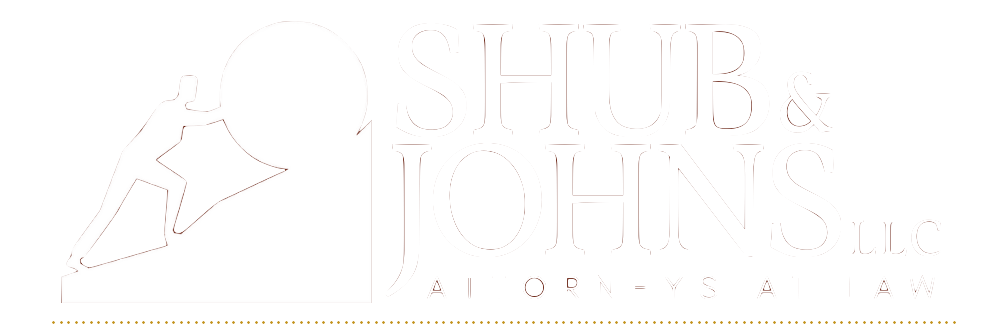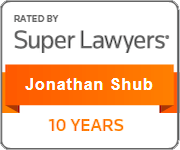California Law Aims to Reduce Junk Fees
 Throughout his Administration, President Joe Biden has made his stance on surcharges and imposed junk fees very clear, taking on serious developments that aim to make ticket pricing across industries and other additional surcharges more transparent for the average consumer. Many consumers these days are stuck dealing with the unfair competing prices between airlines, in a race with other consumers to see who can pay the most for Taylor Swift tickets or are slapped with service fees and upcharges by service providers without knowing what they are paying for.
Throughout his Administration, President Joe Biden has made his stance on surcharges and imposed junk fees very clear, taking on serious developments that aim to make ticket pricing across industries and other additional surcharges more transparent for the average consumer. Many consumers these days are stuck dealing with the unfair competing prices between airlines, in a race with other consumers to see who can pay the most for Taylor Swift tickets or are slapped with service fees and upcharges by service providers without knowing what they are paying for.
The Biden Administration is taking steps to correct these issues with Biden’s proposed bill, the Junk Fees Prevention Act, which is still pending. California, however, has introduced its own state bill that aims to crack down on similar fee issues within California.
S.B. 478
Senate Bill 478, which will take effect on July 1, 2024, amends the California Consumer Legal Remedies Act (“CLRA”) to include prohibitions against companies from “advertising, displaying, or offering a price for a good or service that does not include all mandatory fees or charges.” California became the first state to ban fees and surcharges that are not explicitly disclosed to the consumer prior to check-out, excluding state or federally imposed taxes or delivery fees such as for postage or shipping.
This new amendment to the California CLRA aims to crack down on the lack of transparency between retailer and consumer. While these deceptive fees have always been prohibited under California law, S.B 478 is meant to alert consumers of the final price of a product, service, or ticket before reaching checkout, in-turn reducing any potential harm that could arise for consumers.
This does not mean consumers can bring about claims left and right. If a consumer notices these junk fees and agreed to pay it in order to bring about a lawsuit, that claim would likely not stand. Consumers bringing claims pursuant to the CLRA must still prove to have suffered actual damages as a result of the fees.
Federally Proposed Efforts
Similar to S.B. 478, the Federal Trade Commission proposed a rule that seeks to prohibit junk fees that are not adequately disclosed to consumers. While the FTC proposed rule makes the same exception as S.B. 478 does, allowing shipping charges and government taxes to be excluded from the presentation of a “Total Price,” it also imposes additional provisions. These provisions include prohibiting misrepresentation of what a consumer may pay for the Total Price, and disclosures indicating the nature of such fees where they are imposed.
Other proposed developments, such as the previously mentioned Junk Fees Prevention Act and the Hotel Fees Transparency Act, aim to limit the harm done to consumers when paying for an airline ticket, hotel room, or rental car across the nation. Although these bills do target these specific industries, the scope of industries, retailers, or entities that could be impacted by these Acts is not limited.
Curious to learn more about these new restrictions and how they might impact consumers, let us know! Fill out the attached for and contact Shub & Johns LLC today!


